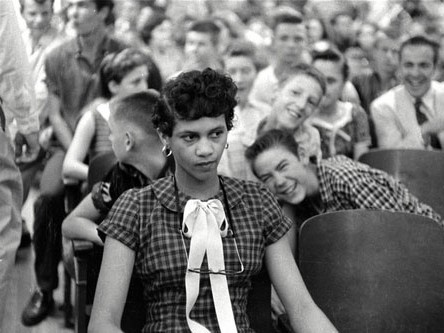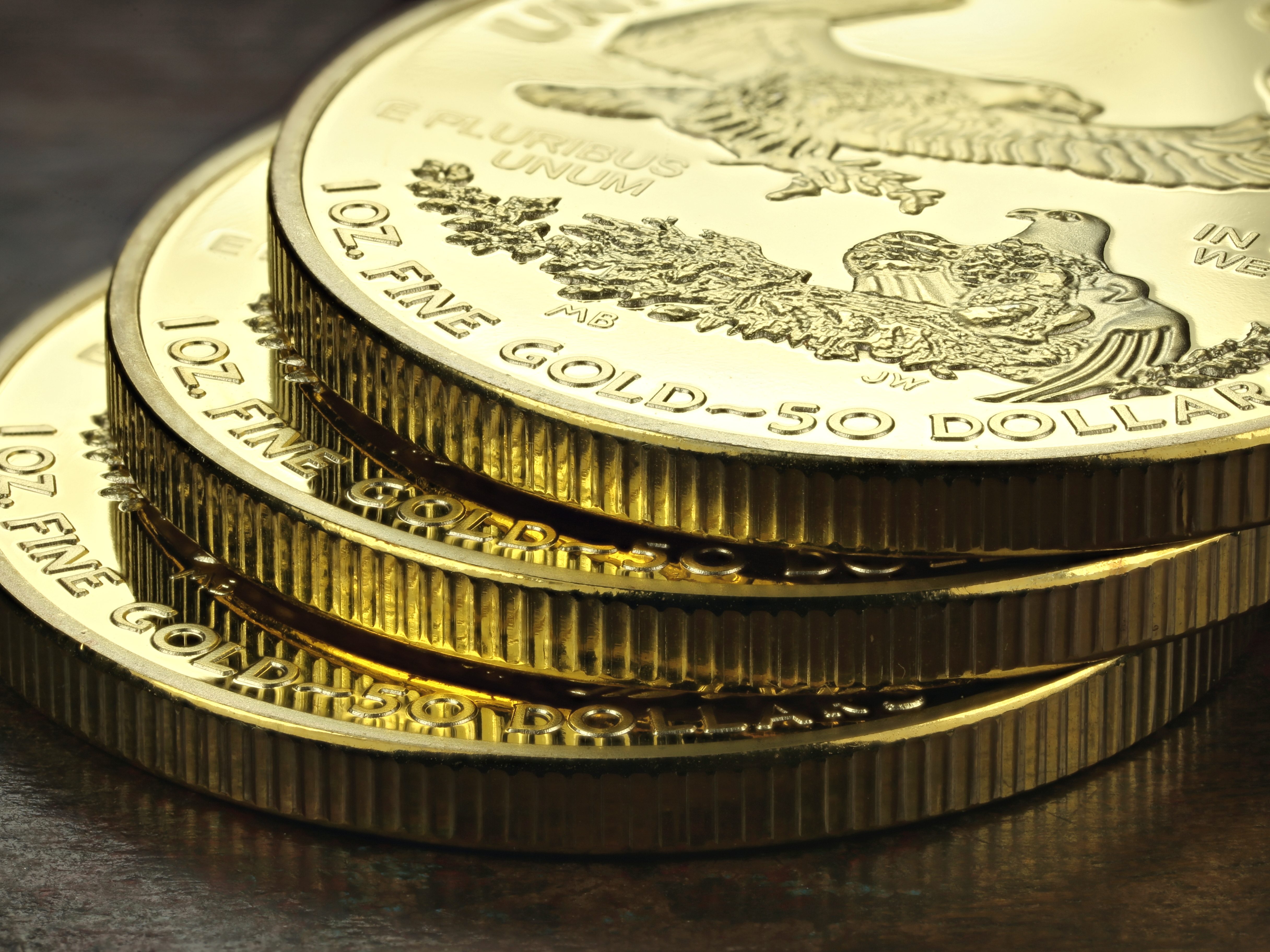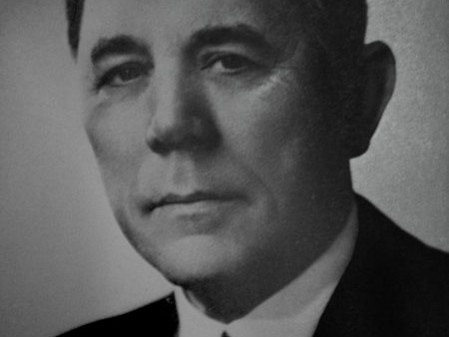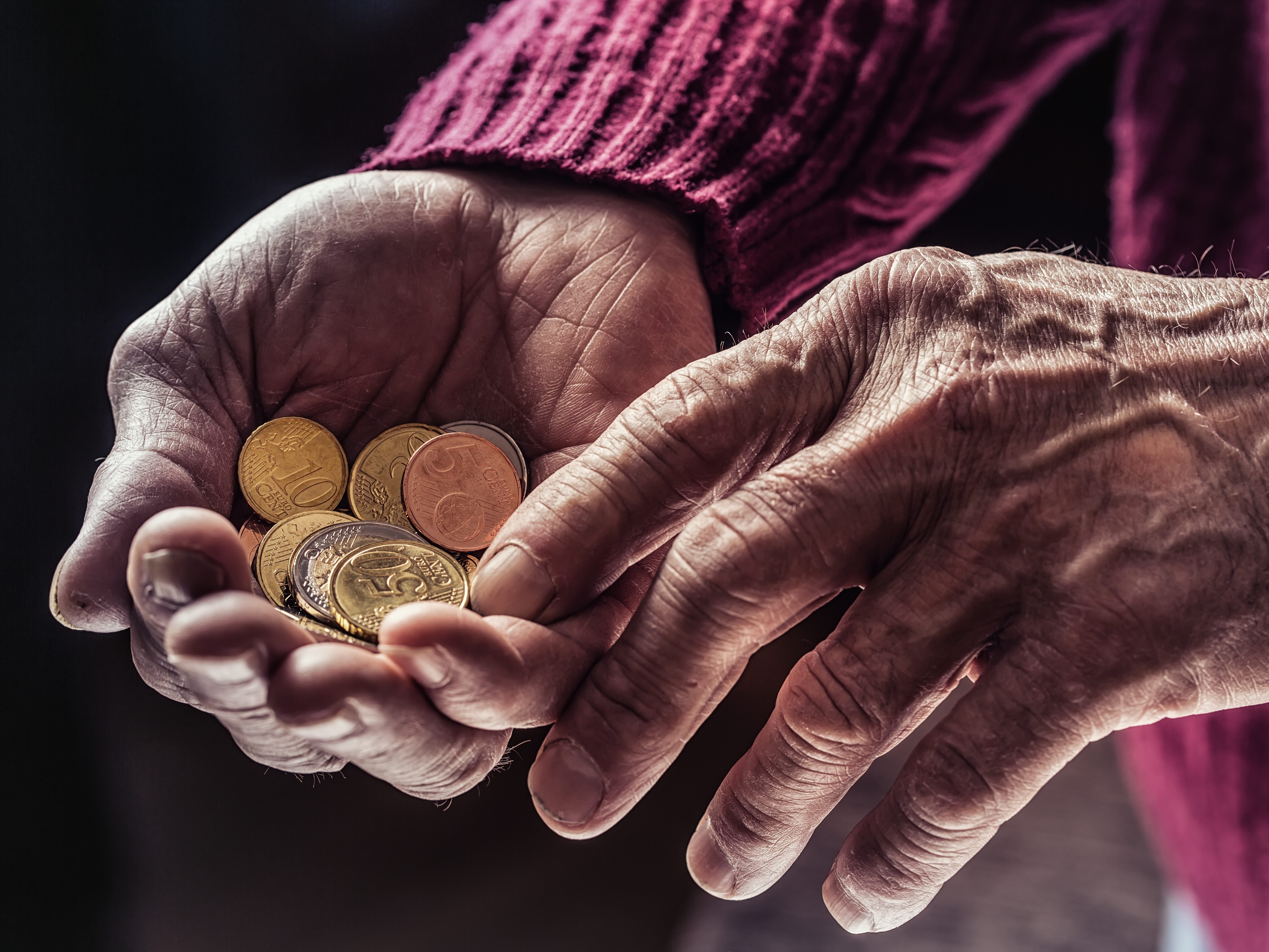I Picked Up Two New Types of Rose Bushes
After planting the easy Knockout Roses, which are looking better and better with each passing day (they started as tiny sticks of wood and have blossomed so quickly I hardly recognize them), I made the leap into the more “serious”, higher maintenance rose families this afternoon. I went to my local nursery and bought two…
Details











